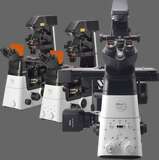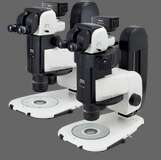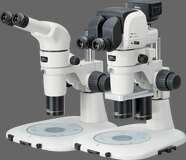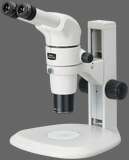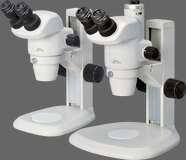- en Change Region
- Global Site
- Home
- Resources
- Applications
- Life Sciences
- Developmental Biology
Applications
Developmental Biology
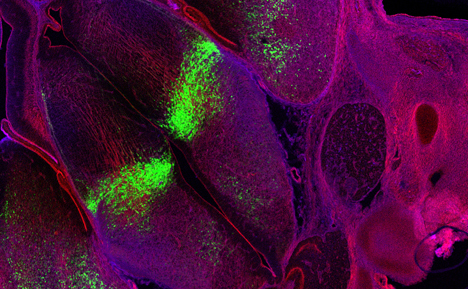
Developmental biology deals with the observation and investigation of the processes that cause an organism to develop and grow. This may include studies at the genetic, molecular, cellular, and tissue levels to understand the mechanisms underlying the spatial and temporal control of gene expression governing processes such as cellular differentiation, morphogenesis, metamorphosis, regeneration, organogenesis, and apoptosis, in health and disease. Developmental studies are also relevant to research into the processes of evolution.
Developmental studies often involve the use of small, rapidly-generating, model organisms, such as the zebrafish (Danio rerio), the round worm (Caenorhabditis elegans), and fruit fly (Drosophilia melanogaster). As well as producing vast numbers of offspring with short developmental cycles, these organisms have the advantage that they are transparent in their early developmental stages, allowing direct visualization of cell differentiation, growth, and organogenesis in living organisms using the light microscope and techniques such as brightfield, darkfield, phase contrast, DIC, and Nikon's Advanced Modulation Contrast (NAMC). The impact of specific genes on developmental pathways can also be investigated with specific 'knock out' models and by tracking specific proteins over time using GFP family fluorescent proteins using fluorescence imaging techniques (epifluorescence and confocal). Computer modeling technologies are also used to better understand the dynamics of cell migration and differentiation.
Maintaining the health of living organisms during developmental studies, and embryology in particular, is essential for the reliable interpretation of observations. Optimal environmental control for maintaining developing organisms can be achieved with BioStation, a combined automated incubator and imaging system.
- Home
- Resources
- Applications
- Life Sciences
- Developmental Biology

